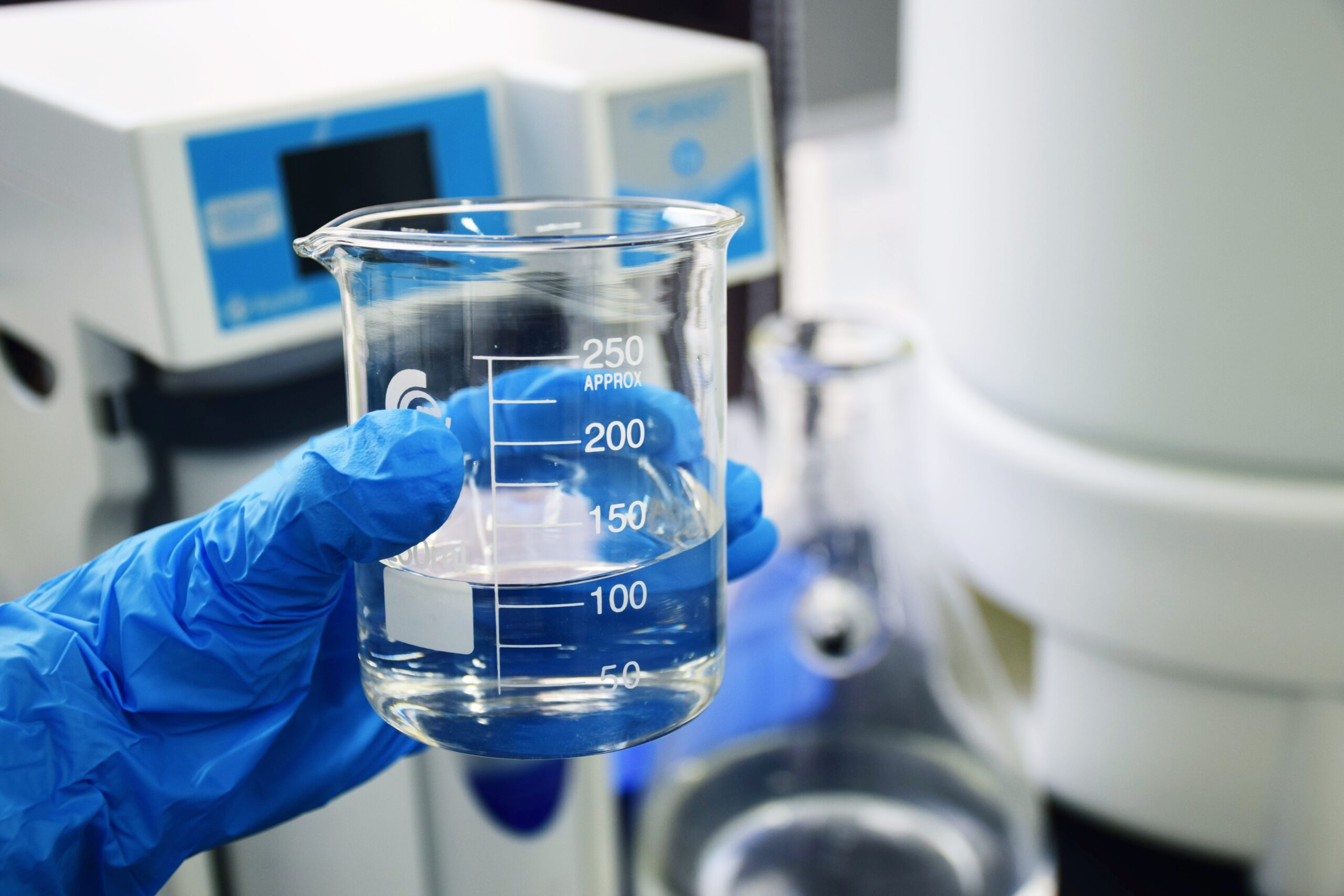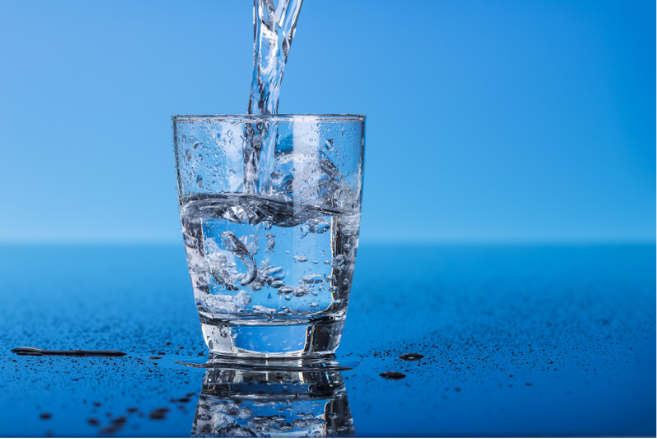Why You Required a Water Purification System for Clean, Safe Water
Why You Required a Water Purification System for Clean, Safe Water
Blog Article
Why a Water Filtration System Is Essential for Tidy, Safe Water
Access to clean, risk-free water is an essential human right and a cornerstone of public wellness. However, the visibility of harmful impurities such as pathogens, heavy steels, and chemical toxins in our supply of water raises serious issues about wellness and health. A water filtration system stands as a vital option to minimize these dangers, ensuring that people and neighborhoods can access safe drinking water. Understanding the ins and outs of these systems and their various methods is important, specifically as we consider the ramifications for health and wellness results and ecological sustainability in our day-to-days live.
Importance of Clean Water
Access to tidy water is a fundamental necessity for human health and health. It is necessary for maintaining life, supporting health, and preserving total public health. Water Purification System. The accessibility of secure drinking water significantly reduces the risk of waterborne illness, which present a significant risk to areas worldwide. Contaminated water can bring about serious health issues, including gastrointestinal ailments, cholera, and dysentery, especially in prone populations such as children and the senior.
Furthermore, clean water is essential for cleanliness and health techniques, which are essential in avoiding the spread of transmittable illness. Sufficient water supply supports proper cleanliness centers, promoting a healthier atmosphere. In addition, access to secure water influences socioeconomic aspects, as it enables communities to involve in commercial and farming tasks, inevitably contributing to economic advancement.
In many areas, the lack of tidy water intensifies hardship and inequality, more impeding progression towards sustainable growth objectives. For that reason, guaranteeing access to clean water is not just a public health necessary however also a cornerstone for social equity and financial development. Initiatives to boost water top quality and infrastructure have far-ranging benefits, fostering healthier neighborhoods and enhancing top quality of life.

Typical Impurities in Water
Ensuring the availability of clean water is undermined by various contaminants that can endanger its security and high quality. The presence of microorganisms, such as bacteria, bloodsuckers, and viruses, presents considerable health and wellness dangers, especially in areas doing not have ample hygiene. These microorganisms can lead to waterborne conditions, resulting in severe ailment or perhaps death.
Chemical contaminants also present an important concern. Hefty steels, consisting of lead, mercury, and arsenic, usually enter water products with commercial discharges or corroded plumbing. These compounds can collect in the body in time, leading to long-term health problems such as neurological damages and developmental problems.
In addition, farming runoff introduces chemicals and fertilizers right into water supply, which can interfere with ecological communities and negatively influence human wellness. Nitrates, typically discovered in plant foods, can cause significant conditions like methemoglobinemia, especially in infants.
Benefits of Water Filtration Equipments
Identifying the essential demand for secure drinking water, water purification systems supply a myriad of benefits that boost public health and wellness and environmental sustainability. Mainly, these systems successfully get rid of harmful pollutants, including germs, infections, heavy steels, and chemicals, making certain that the water eaten is free from virus and contaminants. This decrease in pollutants significantly lowers the danger of waterborne diseases, advertising general neighborhood health and wellness.
Along with health and wellness advantages, water filtration systems add to environmental sustainability by minimizing reliance on mineral water, which frequently generates extreme plastic waste. By utilizing a filtration system, households can lower their carbon footprint and add to a more sustainable ecological community. These systems can enhance the preference and smell of water, making it a lot more palatable for daily intake.

Different Types of Filtration Techniques

One usual method is reverse he has a good point osmosis, which utilizes a semi-permeable membrane layer to different water from dissolved solids and impurities. This process properly reduces contaminations, including heavy steels and chemicals. Another extensively utilized technique is ultraviolet (UV) sanitation, which employs UV light to reduce the effects of infections and germs, making them safe without the usage of chemicals.
Turned on carbon filtering is another preferred technique, making use of carbon to adsorb organic compounds, chlorine, and unpleasant smells, enhancing preference and odor quality. Purification, a procedure that includes boiling water and condensing the steam, effectively eliminates contaminants and minerals however may call for even more power compared to various other approaches.
Ion exchange is often used to soften water by replacing calcium and magnesium ions with salt or potassium ions. Each method has its restrictions and advantages, making it necessary to comprehend their performances and efficiency in resolving details water top quality problems - Water Purification System. Ultimately, selecting the suitable purification method is vital for making certain risk-free and clean alcohol consumption water
Choosing the Right System
Choosing an appropriate water filtration system requires careful consideration of different aspects, consisting of the certain impurities existing in the water system, the quantity of water needed, and the desired purification technique. First, it is crucial to carry out a water quality test to determine impurities such as microorganisms, heavy metals, or chemical pollutants. This details will direct you in picking a system that effectively targets those particular contaminations.
Next, analyze your home's daily water consumption to figure out the system's capability. Equipments are available in various dimensions, from point-of-use filters for drinking water to whole-house systems that cleanse all water entering your home.
Furthermore, consider the purification approach that ideal fits your requirements. Reverse osmosis is highly efficient for removing a wide variety of pollutants, while UV filtration is excellent for eliminating microbes.
Final Thought
In final thought, the implementation of water purification systems is essential for making sure access Check Out Your URL to safe and tidy water. By comprehending the value of tidy water and the advantages of numerous purification approaches, areas can make educated choices to safeguard their wellness and advertise socioeconomic stability.
Acknowledging the vital need for safe drinking water, water purification systems supply a myriad of advantages that boost public health and wellness and ecological sustainability.In addition to wellness benefits, water filtration systems contribute to ecological sustainability by minimizing dig this dependence on bottled water, which commonly creates excessive plastic waste. Eventually, the adoption of water filtration systems is an aggressive step toward ensuring tidy, risk-free water for future generations while protecting public wellness and the environment.
Picking an ideal water filtration system calls for careful consideration of numerous factors, including the specific impurities existing in the water supply, the quantity of water required, and the desired purification technique.In verdict, the application of water filtration systems is crucial for guaranteeing access to tidy and secure water.
Report this page